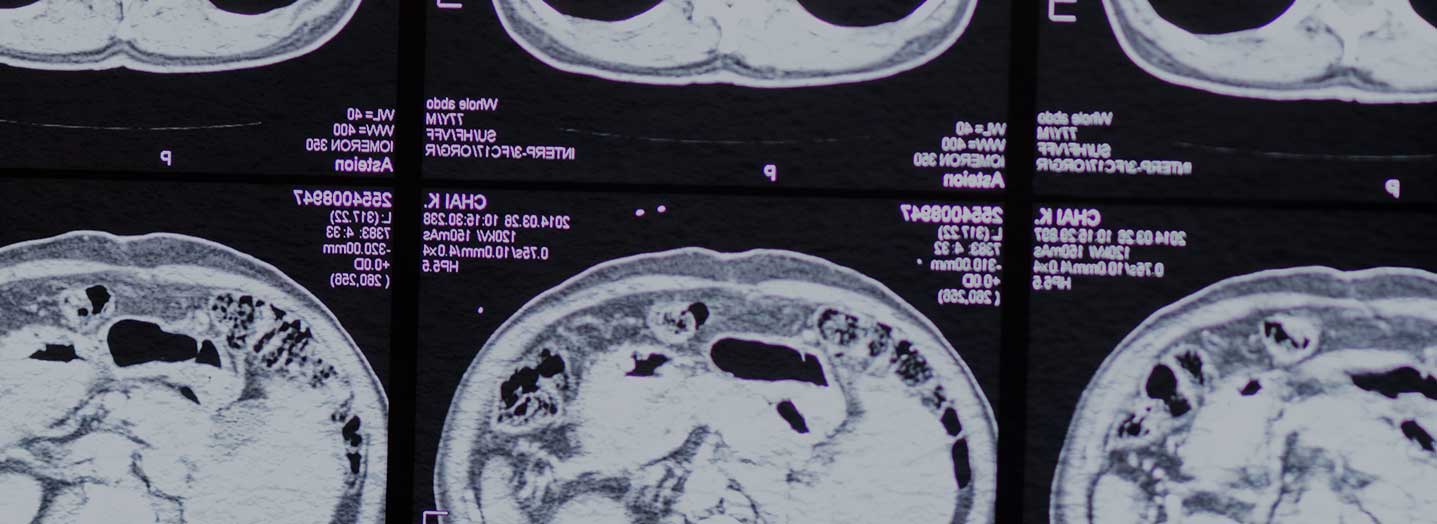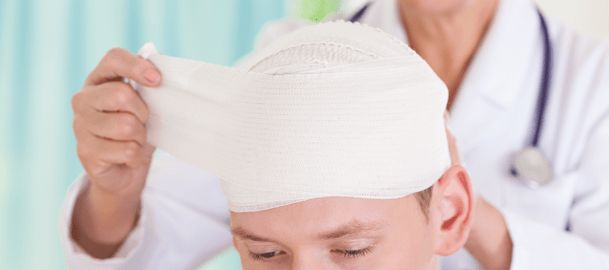Traumatic Brain Injury Attorneys in Everett, WA
Brain Injury Attorneys in Everett
Traumatic brain injuries can arise from a variety of incidents, including auto collisions and slip and fall accidents. Traumatic brain injuries can lead to memory loss, difficulty focusing, issues with word recall, and many other major cognitive, emotional, and physical issues. You can sustain brain trauma even if you did not lose consciousness during the accident. Traumatic brain injuries can lead to an inability to work, difficulty with relationships, and problems in your day-to-day life.
At the Kadish Twersky Law Firm, you will find experienced traumatic brain injury attorneys. We bring decades of experience to personal injury litigation, with extensive experience regarding traumatic brain injuries. We represent traumatic brain injury clients against insurance companies who are avoiding payment, corporations, and even governmental agencies. At Kadish Twersky, we understand that no amount of money can compensate for the things you’ve lost from your accident and TBI. Money can, however, help you get the treatment you need, pay for your regular monthly expenses in the form of lost wages, and compensate you for your pain and suffering.
There are currently more than five million Americans living with a long-term disability associated with a traumatic brain injury. Our attorneys fully understand the challenges you face and will work aggressively to secure compensation on your behalf. Our firm recently merged with Palace Law, another Washington law firm filled with highly experienced, extremely knowledgeable attorneys. What this means for you is even more legal advice at your disposal. Our goal is to ensure you are fully compensated for your injuries, and every move we make will work toward that goal.
Difference Between a Mild Traumatic Brain Injury and a Severe TBI
A mild traumatic brain injury, or concussion, may have a loss of consciousness lasting thirty minutes or less or could have no loss of consciousness. There are typically no serious neurological issues associated with a mild TBI, and full recovery is likely. Those with mild TBI can have certain psychological factors, including depression, anxiety, and PTSD. Those with a mild TBI may have brain scans that appear normal; such an injury is generally considered only a head blow unless there is a change in mental status, indicating a concussion.
A moderate TBI usually occurs when there is a loss of consciousness from minutes to a few hours, with confusion lasting from days to weeks. In some cases, the cognitive, physical, and behavioral impairments may last for months—or may be permanent. Many people with moderate traumatic brain injury are able to largely recover with treatment and rehabilitative therapies and will learn to compensate for their deficits. A severe traumatic brain injury is usually the result of a crushing blow or penetrating wound to the head, which affects delicate brain tissue.
A severe TBI is the most life-threatening type of brain injury and also leaves the highest degree of lasting effects. Those with a severe TBI may spend significant time in the hospital, then go through extensive rehabilitation. A person with a severe traumatic brain injury will suffer a wide array of functional short or long-term changes that affect emotions, language, sensation, and thinking. In some cases, severe TBI can lead to epilepsy, Parkinson’s disease, and even Alzheimer’s disease.
How Concussions Often Occur
Concussions often occur from a motor vehicle accident, although sports injuries are also a common cause of concussions. Falls, being struck against an object, and intentional self-harm are also common causes of TBI, with the percentages varying according to the age group. Among military personnel, blasts are the leading cause of TBI. The age groups at the highest risk of TBI include babies and toddlers between the ages of 0 and 4 and teens between the ages of 15 and 19.
Although sports injuries rarely result in fatalities, TBI is the leading cause of death from sports-related injuries. According to the American Association of Neurological Surgeons, the sporting events most likely to result in a TBI include:
- Cycling;
- Football;
- Baseball and softball;
- Basketball;
- Off-road recreational vehicles;
- Soccer;
- Skateboards and scooters;
- Exercise and health clubs;
- Winter sports;
- Horseback riding, and
- Cheerleading, dance, and gymnastics.
Head injuries from cycling accidents could be significantly reduced if every cyclist were to wear a bicycle helmet. A bit further down the list of sports most likely to result in a traumatic brain injury are trampoline jumping, ice skating, roller skating, rugby, hockey, skiing, and golf. Boxing can also result in TBI, often severe, and often permanent.
Symptoms of a Concussion
A headache is the most common symptom of a concussion. The headache could be mild to severe, and if it gets worse over time, there could be bleeding in the brain. Other concussion symptoms include:
- Nausea
- Dizziness
- Balance issues
- Light sensitivity
- Noise sensitivity
- Blurry vision
- Unusual fatigue
- Drowsiness
- Changes in sleep habits
- Difficulty concentrating
- Depression
- Irritability
- Sadness
- Nervousness
- Feeling like you are in a “fog”
More serious symptoms of a concussion include seizures, inability to recognize people or places, and unusual behaviors.
What You Should Do if You Believe You Have Suffered a Concussion
If you have suffered a concussion—or even suspect you may have suffered a concussion—the very first thing you must do is to see a doctor and get checked out. You should not continue playing a sport, drive, operate machinery, or be alone for 24 hours following your concussion until you receive a doctor’s okay. In the first couple of days following your concussion, you should get plenty of rest, avoid caffeine, get lots of sleep, have someone check on your regularly, and avoid screen time on a computer, smartphone, television, or tablet. Take a break from your mentally demanding activities, avoid bright lights and loud noises, avoid alcohol consumption, and stay fully hydrated.
How Kadish Twersky Can Help
Treatment of a traumatic brain injury can be extremely expensive, placing severe financial burdens on the victim of a traumatic brain injury, as well as his or her family. The victim may find he or she is unable to return to work—perhaps even for good. As soon as you have been medically checked out, you could benefit from speaking to an experienced Kadish Twersky attorney who will fight on your behalf to recover damages in the form of medical expenses, lost wages, pain and suffering, and other expenses related to the injury. We want to help you recover your life and will be the strong advocate in your corner who will aggressively fight for you, allowing you the time to deal with your injuries while we take care of the legal issues. Contact Kadish Twersky today!


 contact us
contact us call us
call us

